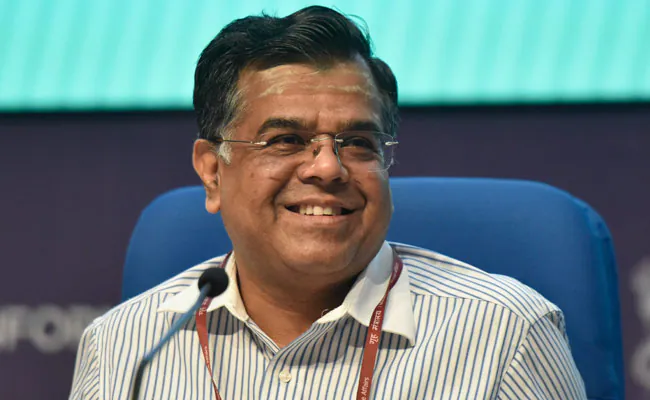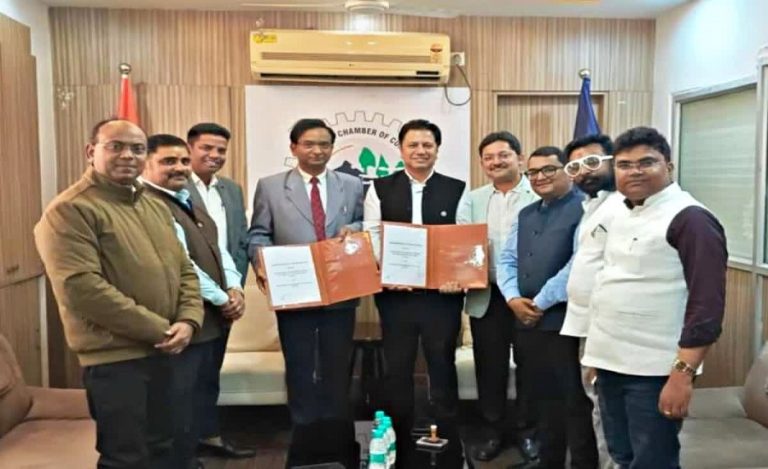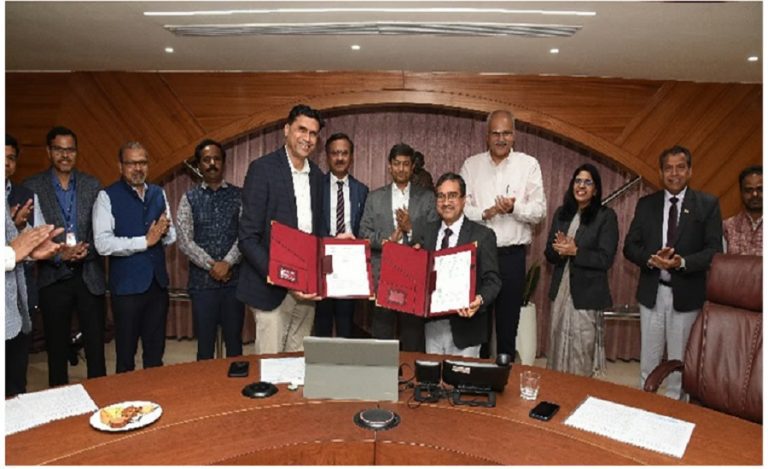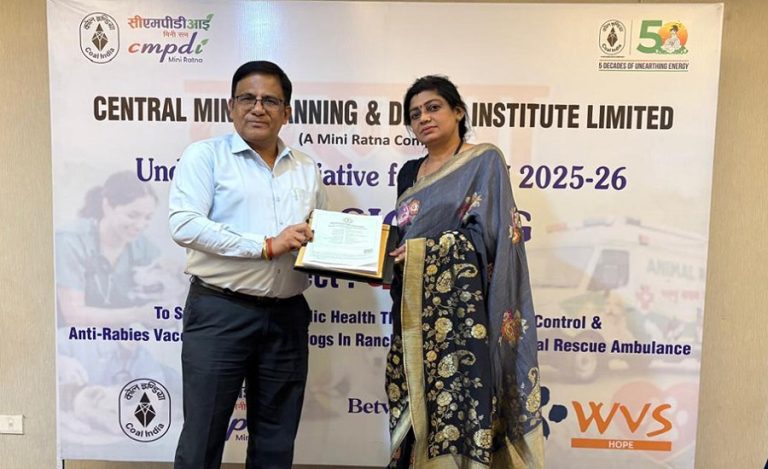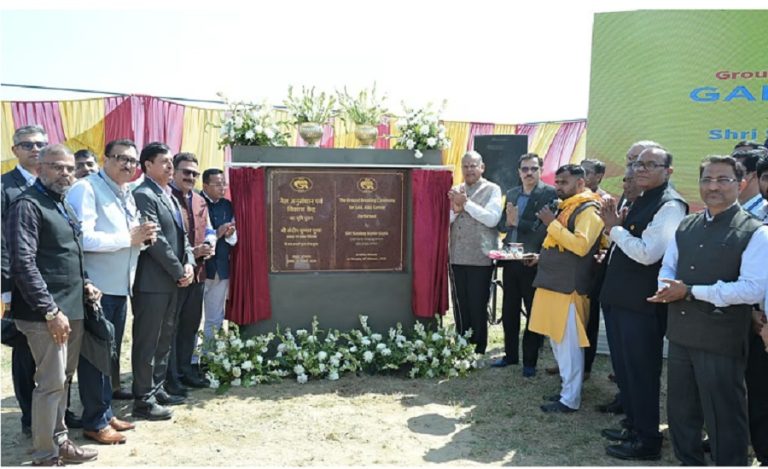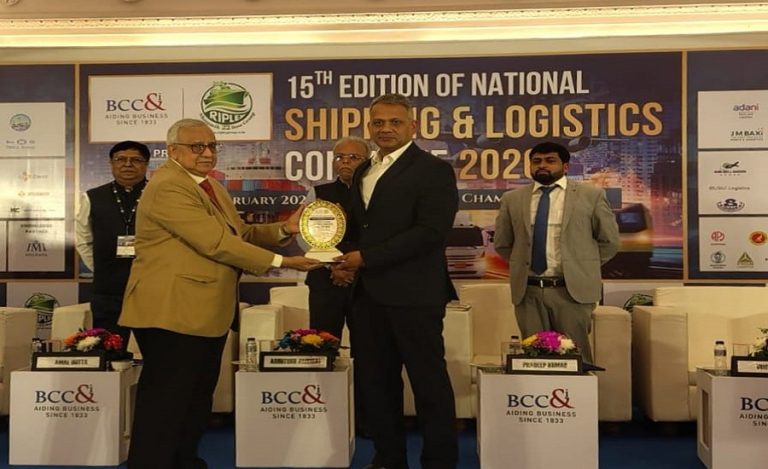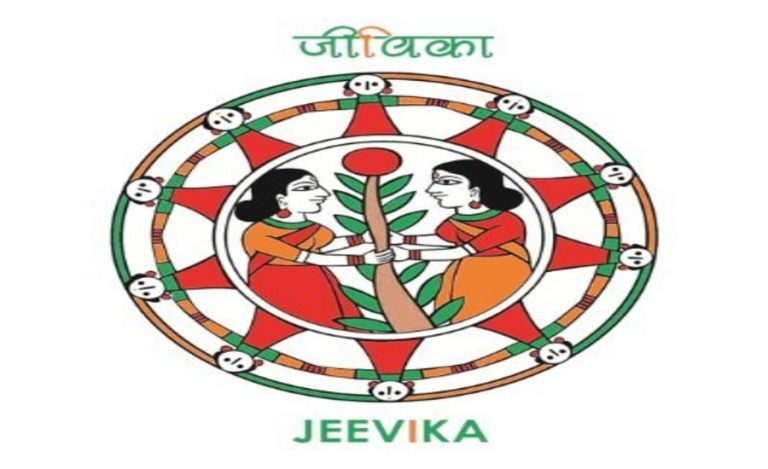New Delhi: On the occasion of 17th Civil Services Day, Cabinet Secretary T.V. Somanathan, an IAS officer of 1987 batch, lauded the role of civil services in ensuring a smooth transfer of power in India, which, he said, stands in stark contrast to the political instability and military coups that have been witnessed in several neighboring countries. Somanathan emphasized that the stability of India’s democratic system owes much to the dedication and professionalism of the All India Services (AIS) and civil service officials.
Preserving Constitutional Order
Somanathan highlighted that civil services are critical in preserving the constitutional order, ensuring the democracy, rule of law, national unity, and federal structure of the country. He stressed that in a democracy, while the elected government holds the mandate of the people, the role of civil servants is to assist in the implementation of government policies, without any political bias.
“The officers should be politically neutral because we don’t serve only those who belong to a particular party or community,” Somanathan remarked, underscoring the importance of impartiality in the civil services.
Smooth Transfers of Power: An Achievement of Civil Services
In his speech, Somanathan reiterated the role of civil services in ensuring free and fair elections, even in challenging political scenarios. He pointed out that civil servants have facilitated peaceful transitions of power in both state and central governments, without the chaos seen in other countries. The lack of military intervention or violence during elections and changes in government is a testament to the success of the Indian bureaucracy.
He further added, “I think without the All India Services and the central services, free and fair elections would not be possible. Governments have been defeated both at the Centre and in the States in elections conducted by civil servants. We don’t have tanks on the streets when there’s a change of government.”
Lateral Entry: The Need for Expertise
The Cabinet Secretary also discussed the increasing need for lateral entry into the civil services, particularly in specialized fields that require competence and subject matter expertise. He explained that the era of the generalist civil servant is over, and there is now a pressing need for officers with deep expertise in specific sectors to manage complex governance issues.
Somanathan acknowledged that lateral entries are essential for enhancing efficiency and filling expertise gaps in the bureaucracy, given the increasingly complex nature of governance.
Transparency and Accountability in Civil Services
Addressing concerns regarding the Annual Performance Assessment Report (APAR) system and its transparency, Somanathan raised issues about the current state of performance evaluations. He expressed dissatisfaction with the uniformity in ratings, stating that all officers receiving top ratings of 9 to 10 raises questions about accountability. “There are crooks in our service. There are bad people in the service. How can everybody be 9 to 10?” he questioned, adding that the system needs reform to ensure that it accurately reflects the performance and accountability of civil servants.
In response to queries about the empanelment process for senior positions, Somanathan acknowledged the challenges faced by junior officers due to the lack of transparency in the empanelment of officers at the Joint Secretary level. He also expressed the need for greater clarity and feedback in the process to ensure fairness.
Challenges in Civil Services: Pay and Benefits
During the discussion, Bidur Kant Jha, an officer appointed through the lateral entry scheme, raised concerns about the low salary structure in the civil services. However, Somanathan responded pragmatically, stating that discussions on pay and benefits were not the focus of the session and advised officers to take their concerns to the Pay Commission when it convenes. He noted that officers always have the option to pursue alternative career opportunities if they feel dissatisfied with the compensation.
Prime Minister Modi’s Vision for the Future
Earlier, while inaugurating the conference, Prime Minister Narendra Modi emphasized the need for reformed bureaucratic frameworks to keep pace with the changing needs of the nation. He called for innovation and efficiency in policymaking, stating that the policies his government is shaping are going to have a lasting impact on India for the next 1,000 years.
PM Modi urged civil servants to work tirelessly toward the shared vision of building a strong, modern India and adapting to the evolving challenges of governance.
Conclusion
The remarks by Cabinet Secretary Somanathan and Prime Minister Modi on Civil Services Day serve as a reminder of the indispensable role civil services play in preserving India’s democratic fabric and ensuring efficient governance. With the ongoing reforms and emphasis on transparency, neutrality, and lateral entry, the civil services are poised to face the challenges of the future, building on their legacy of integrity and professionalism.

